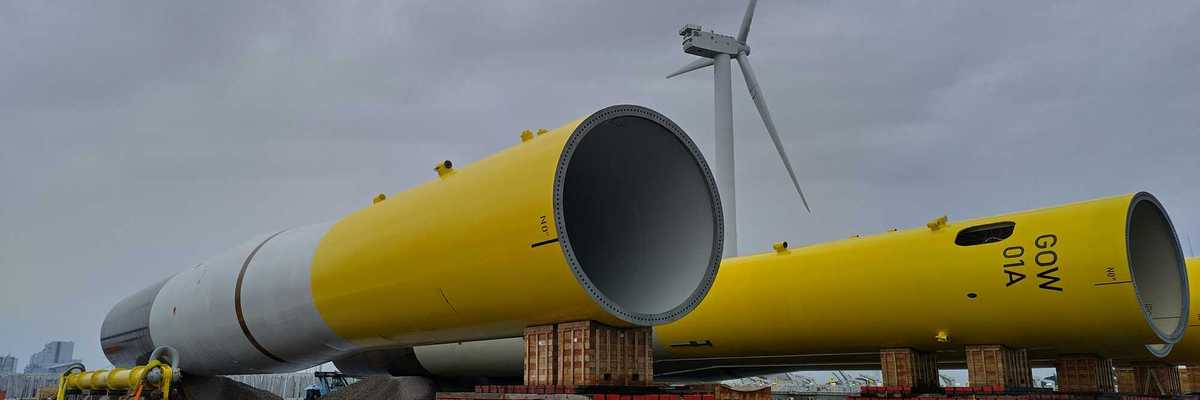occupational justice
Biden condemns climate denial, unveils new heat protections for workers
President Biden denounced climate change denial and announced new regulations to protect workers from extreme heat, as California and Oregon prepare for record-breaking temperatures.
Lisa Friedman and Noah Weiland report for The New York Times.
In short:
- President Biden emphasized the dangers of ignoring climate change and highlighted the deadly impact of extreme heat, proposing new regulations for worker protection.
- The proposed OSHA regulation would mandate that employers monitor workers and provide rest areas and water when the heat index reaches 80 degrees or higher.
- Environmental groups and labor unions praised the protections, while industry groups argued the rule would be costly and hard to implement.
Key quote:
“Anyone who wilfully denies the impacts of climate change is condemning the American people to a dangerous future and either is really, really dumb or has some other motive.”
— U.S. President Joe Biden
Why this matters:
Extreme heat is the deadliest weather-related hazard in the U.S., causing more deaths than floods, hurricanes and tornadoes combined. As climate change intensifies, extreme heat poses greater health risks, making protective regulations increasingly important for worker safety and public health resilience. Read more: We are undercounting heat-related deaths in the US.
American workers face increasing heat dangers without adequate federal protections
Despite the rising threat of heat-related illnesses and deaths, the U.S. lacks comprehensive federal regulations to safeguard workers from extreme heat.
In short:
- In the U.S., heat kills more people annually than tornadoes, hurricanes, and floods combined, particularly affecting outdoor and indoor laborers.
- California has recently moved to protect indoor workers, and OSHA is expected to propose new heat protection rules, though they face significant opposition.
- Heat exposure can cause systemic inflammation and organ damage, leading to severe health consequences like chronic kidney disease.
Key quote:
"You can be completely hydrated and still have heatstroke."
— Jason Glaser, CEO of La Isla Network
Why this matters:
As climate change intensifies, workers are increasingly vulnerable to heat-related health issues, making it crucial to implement stronger protections to prevent further loss of life and long-term health complications. Read more: We are undercounting heat-related deaths in the US.
US enhances mining safety with new silica dust regulations
New protections against hazardous mining dust aim to curb rising cases of severe lung diseases among miners.
In short:
- The U.S. has introduced stricter limits on silica dust in mines, affecting more than 250,000 workers in various sectors including coal and metal mining.
- Despite support for the rule, there is controversy over its enforcement, with industry groups calling it costly and advocates worrying about self-monitoring by companies.
- The rule revisits recommendations made back in 1974, finally implementing changes after decades of regulatory delays and rising health concerns.
Key quote:
"It should shock the conscience to know that there’s people in this country that do incredibly hard work that we all benefit from that are already disabled before they reach the age of 40."
— Chris Williamson, head of the Mine Safety and Health Administration.
Why this matters:
This regulation is important for improving health outcomes among miners, a workforce exposed to significant risks. As national attention focuses on workplace safety and health, this policy step exemplifies ongoing efforts to better protect those in high-risk industries. Read more: Coal miners are dying of black lung.
‘Quite a gap to close’: women ‘vastly underrepresented’ in green jobs sector
Women comprise a strikingly small portion of the clean tech workforce, but the White House has made steps to change that.









